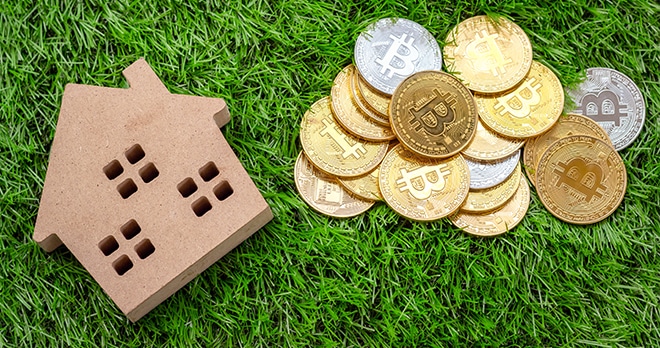Will HM Land Registry be revolutionised by blockchain?

What is Blockchain?
So what exactly is blockchain? In simple terms, blockchain is a secure decentralised database that records digital transactions. Details of a transaction are encoded into a block and each block is connected to the previous block forming a chain. A collective of users rather than one single user maintain the database and once a block has been added, it cannot be altered or deleted without the consensus of all users in the network. This makes blockchain a secure and efficient alternative for collecting and verifying data.
HM Land Registry and blockchain
The benefits of blockchain have not been lost on HM Land Registry. Land Registry’s project, Digital Street, recently launched its prototype for a fully digital register using a small number of properties. All information relating to the property such as the title register and associated documents was digitised. The prototype involved a buyer and seller signing contracts digitally using smart contracts, automating the transfer of funds and using blockchain to update the register. The aim of the prototype being, to make the process of conveyancing more efficient for all parties involved including lenders and conveyancers.
So how exactly could blockchain benefit a conveyancing transaction? At this stage it is difficult to pin down all the ways blockchain could change the way in which a transaction is undertaken. The following examples provide an insight to the possible advantages of blockchain:-
- Security - one of the main advantages of blockchain is that the technology provides immutable records of transactions. In the case of a property transaction, all information relating to that property including ownership. This means the use of blockchain could potentially reduce the risk of property fraud. Ownership of a property will have been recorded on a secure platform making identity verification of a seller more secure.
- Smart Contracts- the idea behind a smart contract is that the contract self executes as soon as all predetermined terms and conditions are met. The transfer of title from a seller to a buyer could essentially occur automatically as soon as the purchase monies were in the seller’s account.
- Efficiency – the history of a transaction will be readily available on a secure network, which could mean the process of registering the transfer of a property is faster. A transfer could be digitally executed and in turn the register would be automatically updated without the need of a separate application being made.
Conclusion
Countries such as Sweden and The Republic of Georgia have also already begun to explore the use of blockchain in property transactions. With Sweden completing their third phase of testing. There is no doubt the application of blockchain to property transactions is well on its way. However, with the regulation of blockchain still unclear, we are arguably a long way away from seeing a full conveyancing transaction taking place using blockchain. HM Land Registry is due to release a video demo of their prototype following their hackathon. It will be interesting to see just how technology could change the nature of conveyancing.